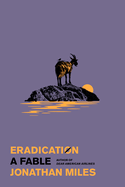For Third Place Books, with stores in Lake Forest Park, Ravenna, and Seward Park, Wash., Small Business Saturday and the start of the holiday shopping season was "solid for us," reported managing partner Robert Sindelar.
 |
| Robert Sindelar at Third Place Books |
Across Thanksgiving weekend, one store was up, another was flat, and another was a little down compared to 2024. Taken all together, sales were "flat with last year," and considering how strong 2024 was for the bookstore, "that's just fine for us," Sindelar remarked. He added that for the month of November, Third Place Books was up about 10% across all three stores.
Asked whether any titles have jumped out as major books of the season, Sindelar said there "weren't really any runaways," with sales pretty consistent across genres and categories. As booksellers, he continued, "we love that," and he hopes that publishers are equally encouraged. Having 1,000 people buy 1,000 different titles is "better for the life of reading, better for the life of bookstores, better for the life of books," than having 1,000 people buy one title, he said.
On the subject of supply-chain issues, Sindelar indicated there's been nothing significantly different from the standard of the last few years. For sidelines and nonbook items, the Third Place Books team has gotten more into the habit of stocking up early, and if a given item runs out, "just go buy something else to take its place." Tariffs did not have a meaningful impact on the store's holiday buying, he added, and those sections of the stores are "full and selling tons."
Touching on rising prices and broader economic concerns, Sindelar pointed out that "obviously prices are up on books, but prices are up everywhere." Though some customers may feel "a little sticker shock" compared to the past few holiday seasons, it's not as drastic as the sticker shock they'd feel "going down the street and buying a sweater." Ultimately, "what you can leave a bookstore with in terms of value for your dollar is still pretty amazing."
 In Brookline, Mass., Brookline Booksmith was up nearly 10% on Black Friday and Small Business Saturday, reported co-owners Peter Win, Lisa Riddle, and Alie Hess. The store was a bit down on Sunday--"the cold, rainy weather was a big factor"--but for the weekend as a whole, the store was up 5%-6%.
In Brookline, Mass., Brookline Booksmith was up nearly 10% on Black Friday and Small Business Saturday, reported co-owners Peter Win, Lisa Riddle, and Alie Hess. The store was a bit down on Sunday--"the cold, rainy weather was a big factor"--but for the weekend as a whole, the store was up 5%-6%.
Some of the store's top sellers from the past week include The Correspondent by Virginia Evans, Martyr! by Kaveh Akbar, The Lioness of Boston by Emily Franklin, Project Hail Mary by Andy Weir, and 1929: Inside the Greatest Crash in Wall Street History--and How It Shattered a Nation by Andrew Ross Sorkin. At the same time, "small, quirky books" such as Lessons from Cats for Surviving Fascism by Stewart Reynolds, Hot Victorians: Meet Your Dream Man from the Past by Aaron Radford-Wattley, and Toilets of the World by Morna E. Gregory and Sian James, are selling at a wild pace.
Asked about tariffs and gift buying, the owners noted that the team had to pivot and "find new vendors" for some particular food and gift items, especially those coming from the U.K., and it was "sad not being able to feature and support those makers." The store's gift buyers, they continued, "navigated the uncertainties and shifts in the sourcing landscape with ingenuity and effort and were able, in some cases, to discover new lines and new distributors."
Generally speaking, Riddle, Win, and Hess are feeling hopeful for the 2025 holiday season. The mood in-store has been "festive and joyful," and customers have been "generous in their gift giving already." The bookstore has had a "wonderful year" leading into the holidays, and the owners "are trusting that the grace of that momentum will hold steady and carry us through.
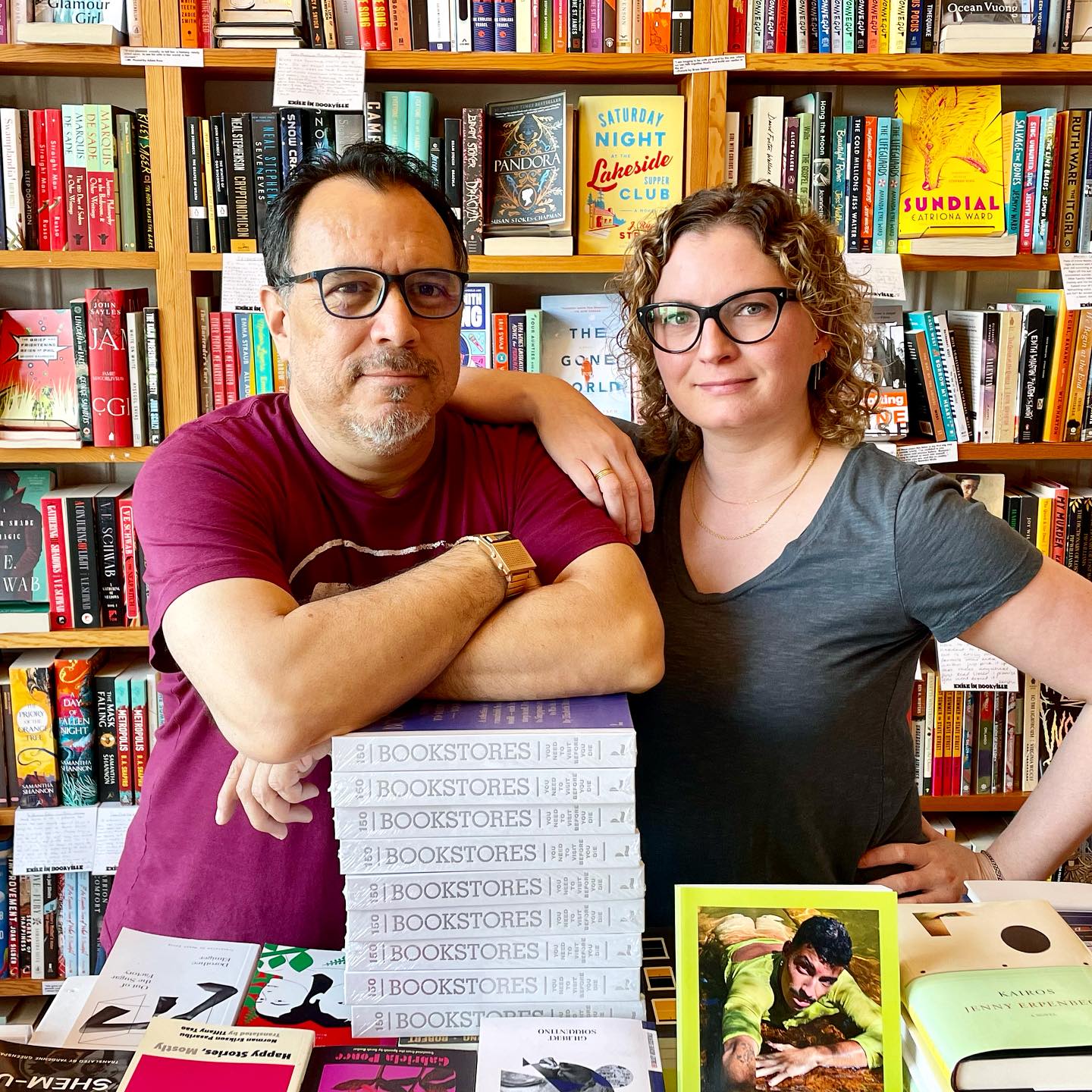 |
| Javier Ramirez and Kristen Enola Ramirez at Exile in Bookville |
Exile in Bookville in Chicago, Ill., had a "very slow" Small Business Saturday, said co-owners Javier and Kristin Ramirez, due to inclement weather that slowed things down for indies across the Chicago area. A good amount of customers still "braved the weather" to stop by, and many more customers supported the store by ordering online. And despite the slow SBS, "sales as a whole have outpaced last year and we remain eternally grateful to our devoted customers."
Though Exile in Bookville is a general-interest store, the owners devote a lot of space and attention to translated titles and small press titles, and they said it "warms our hearts" to see those books do so well. They pointed to I Who Have Never Known Men by Jacqueline Harpman and The Bear by Andrew Krivak as "constant bestsellers." They also reported no supply-chain issues so far this season.
Looking ahead, they hope for a "busy holiday season both in-store and online" and for the support and momentum they've seen throughout the year to continue. They're anticipating they'll exceed last year's sales, and said they're "beyond grateful to our local community and to our national and international communities that continue to support us from afar. Book people are truly the best!" --Alex Mutter
If you are interested in having your store appear in a future Holiday Hum article, please e-mail alex@shelf-awareness.com.
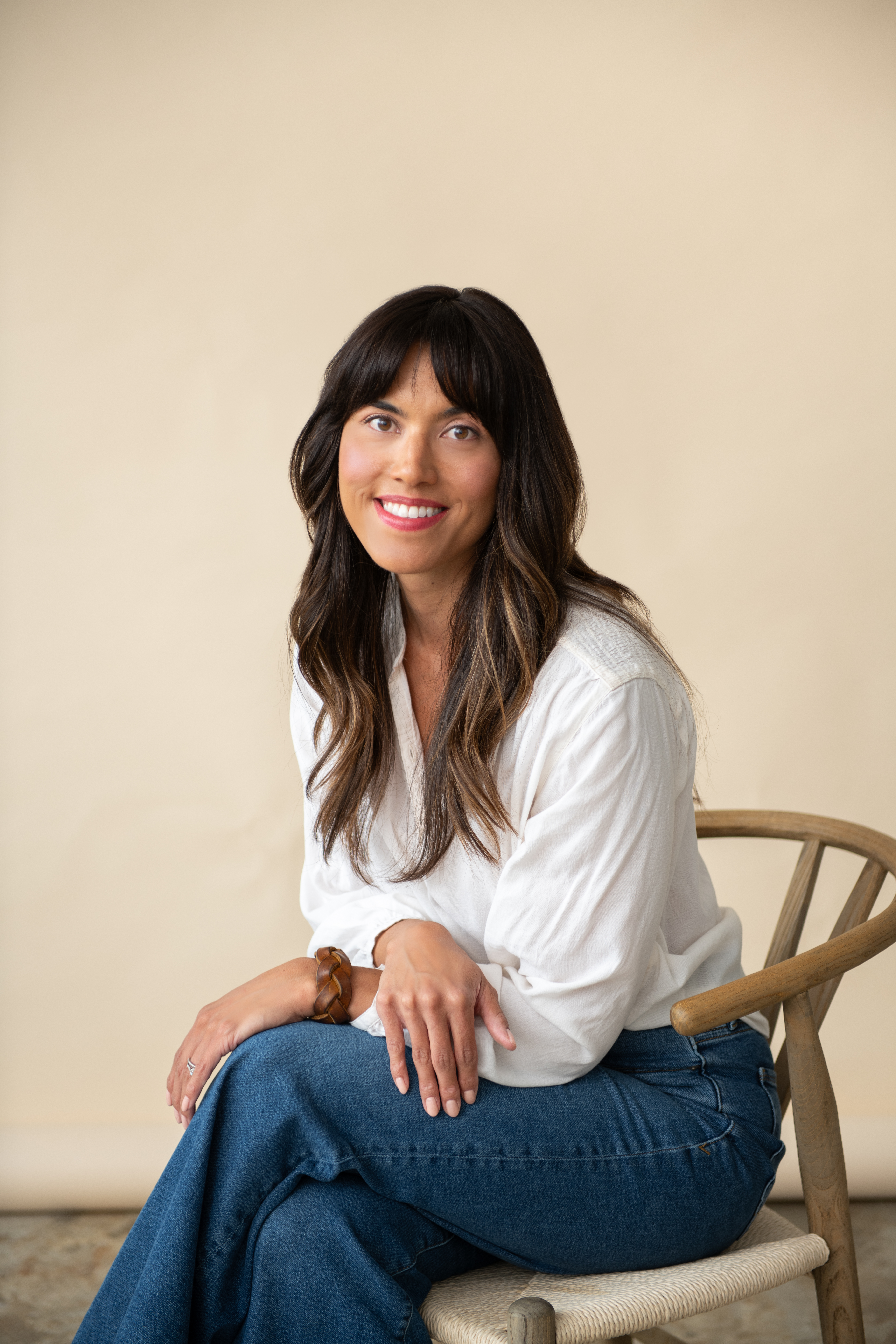 "These days, living in the D.C. area, my local indies have become a refuge from the uncertainty and heartache swirling around this city. Even as our local economy bears the brunt of a government shutdown and massive government layoffs, when I visit Wonderland Books or Politics and Prose, they're almost always bustling with customers. I think that's because they supply more than books--they provide community and escape. More than ever, I believe booksellers are heroes for their communities."
"These days, living in the D.C. area, my local indies have become a refuge from the uncertainty and heartache swirling around this city. Even as our local economy bears the brunt of a government shutdown and massive government layoffs, when I visit Wonderland Books or Politics and Prose, they're almost always bustling with customers. I think that's because they supply more than books--they provide community and escape. More than ever, I believe booksellers are heroes for their communities."






 Choosing 10 fiction titles and 10 nonfiction titles to represent the best books of the year is a daunting task. But it also gives us the opportunity to reflect on the reading experiences that left indelible marks on our souls. Through mounting glee and terror, fits of rage and laughter, these 20 works of literature emerged as our favorites of 2025.
Choosing 10 fiction titles and 10 nonfiction titles to represent the best books of the year is a daunting task. But it also gives us the opportunity to reflect on the reading experiences that left indelible marks on our souls. Through mounting glee and terror, fits of rage and laughter, these 20 works of literature emerged as our favorites of 2025. BINC.1119.T1.YEARENDCAMPAIGN.jpg)

 In Brookline, Mass.,
In Brookline, Mass., 
 The American Booksellers Association's 21st annual
The American Booksellers Association's 21st annual 
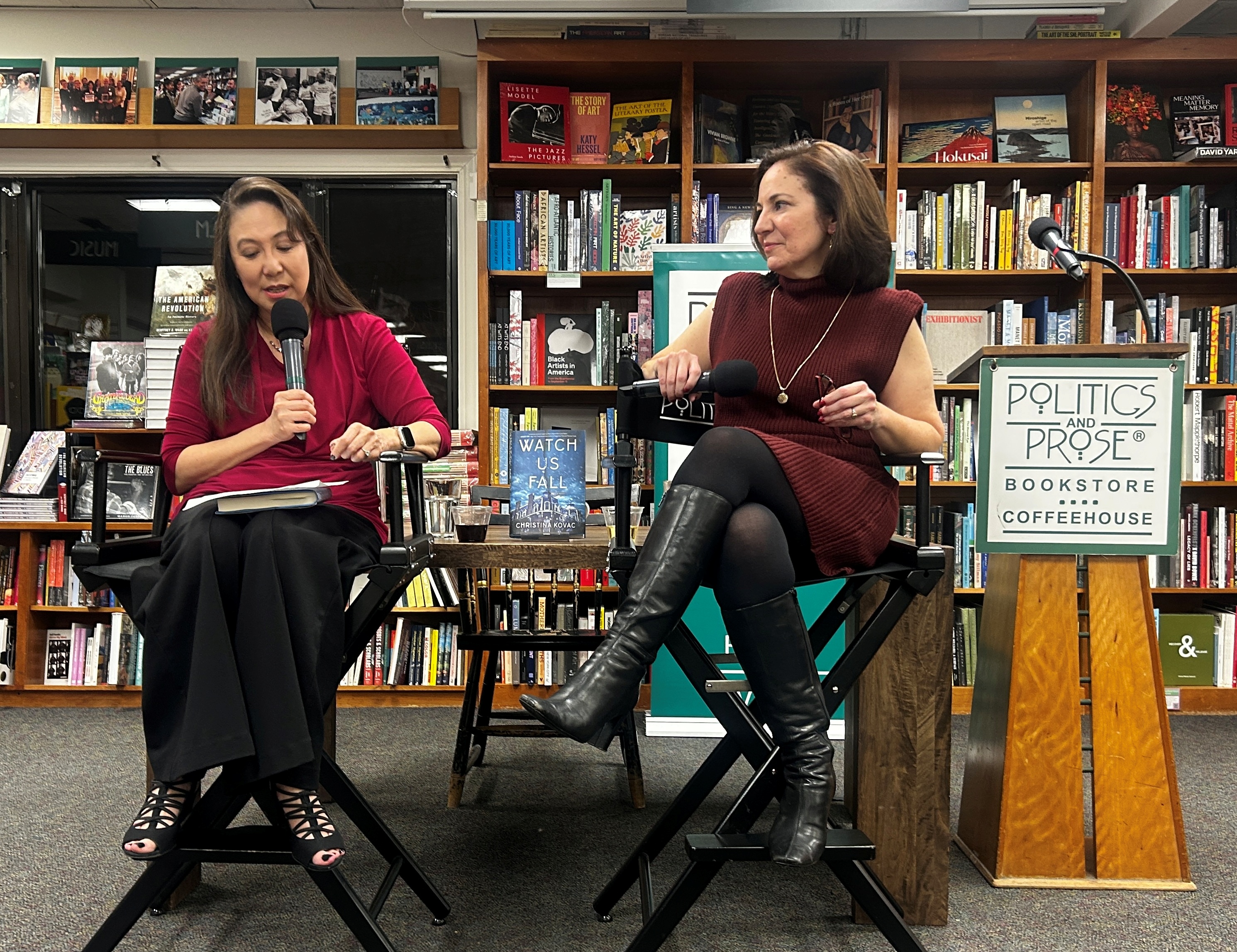 Author and former broadcast news producer Christina Kovac (r.) celebrated the release of her thriller Watch Us Fall (Simon & Schuster) at
Author and former broadcast news producer Christina Kovac (r.) celebrated the release of her thriller Watch Us Fall (Simon & Schuster) at 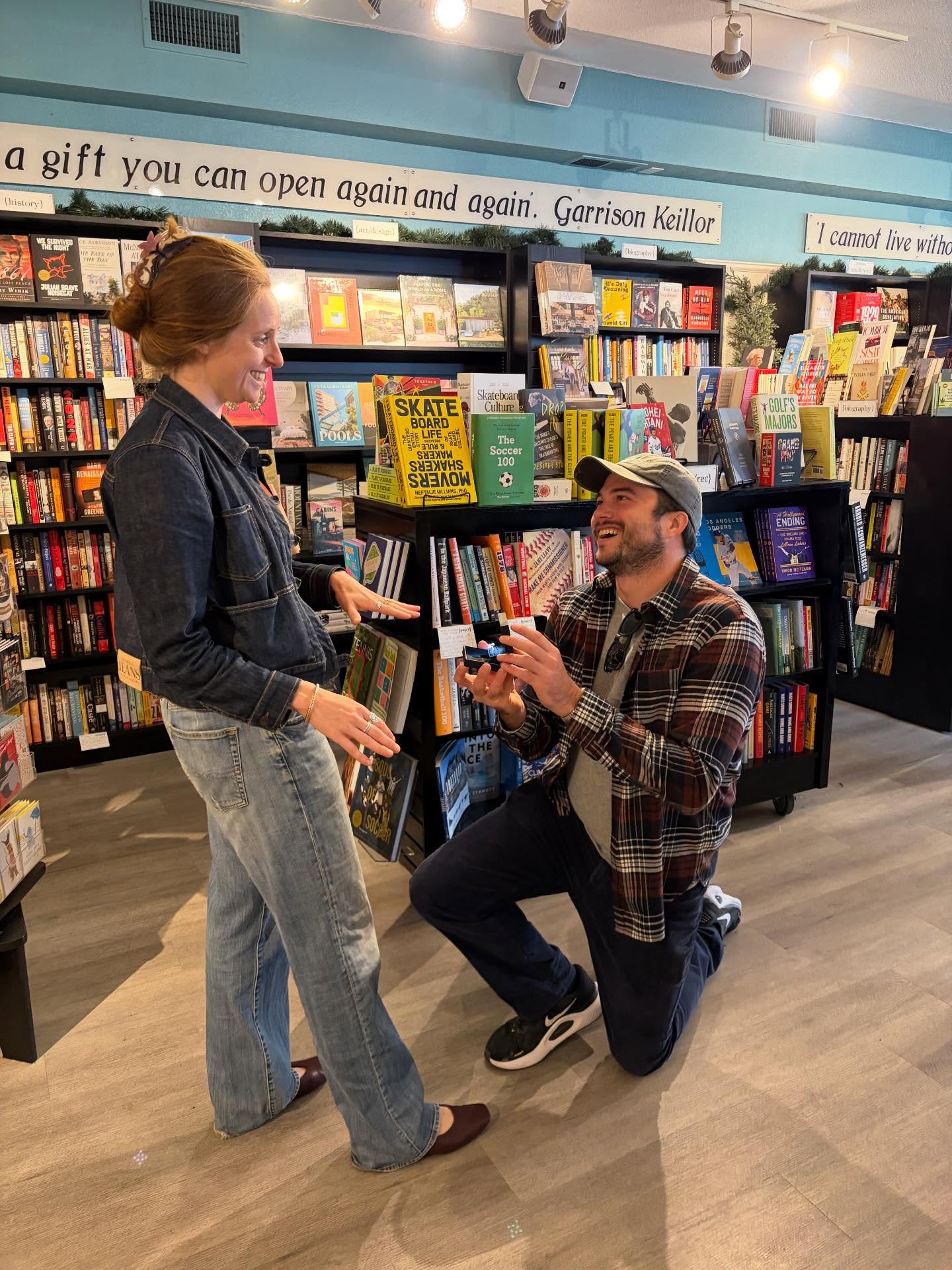 Posted on Instagram by
Posted on Instagram by 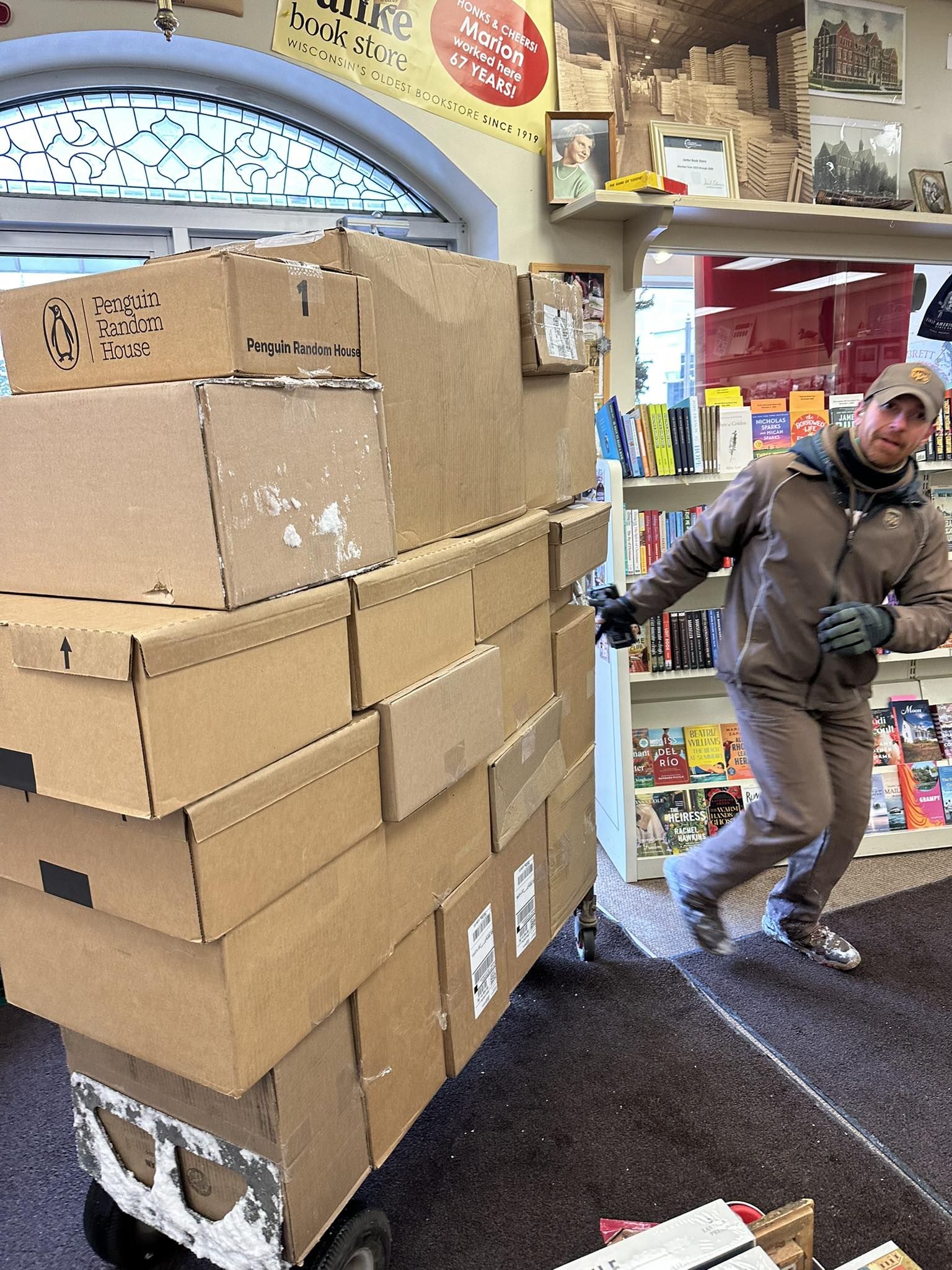 "
"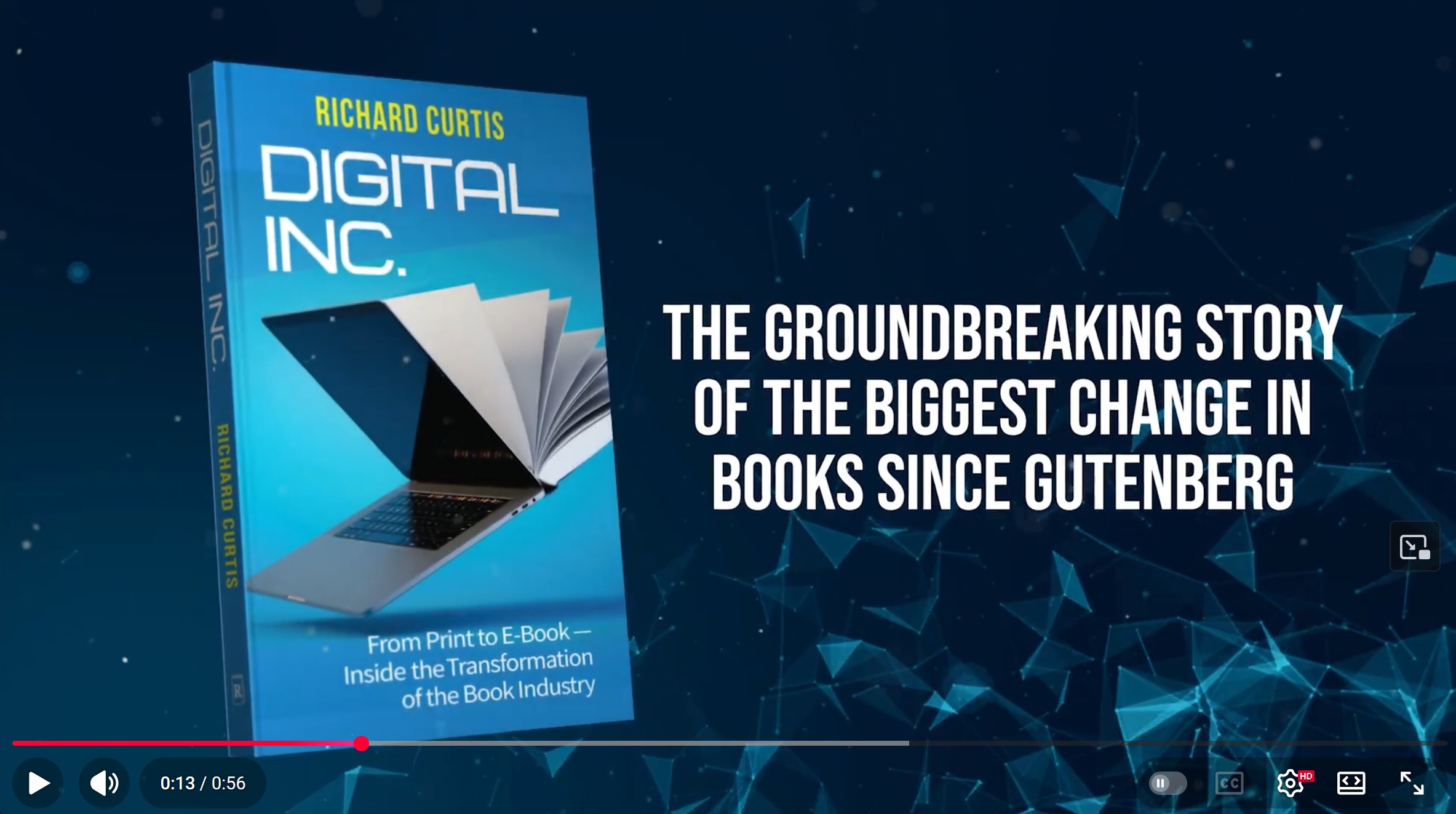 Digital Inc.: From Print to E-Book-Inside the Transformation of the Book Industry
Digital Inc.: From Print to E-Book-Inside the Transformation of the Book Industry
 Book you're an evangelist for:
Book you're an evangelist for: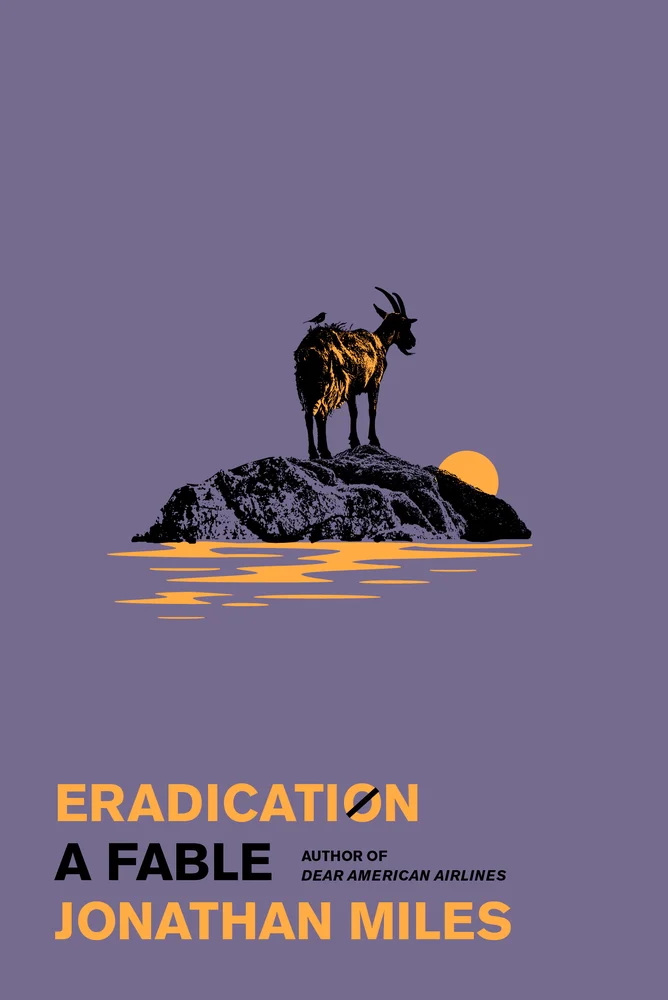 Who wouldn't take a job that involves "saving the world"? Adi, the antihero of Jonathan Miles's powerful fourth novel, Eradication, is drawn to the job listing not just for the noble mission but also for the chance to be alone for five weeks on a Pacific island. A teacher reeling from his 11-year-old son Jairo's death and his wife leaving, Adi relishes getting away from it all. But he hasn't reckoned with the emotional challenge of eradicating an invasive species--and facing up to humanity's role in environmental crises.
Who wouldn't take a job that involves "saving the world"? Adi, the antihero of Jonathan Miles's powerful fourth novel, Eradication, is drawn to the job listing not just for the noble mission but also for the chance to be alone for five weeks on a Pacific island. A teacher reeling from his 11-year-old son Jairo's death and his wife leaving, Adi relishes getting away from it all. But he hasn't reckoned with the emotional challenge of eradicating an invasive species--and facing up to humanity's role in environmental crises.